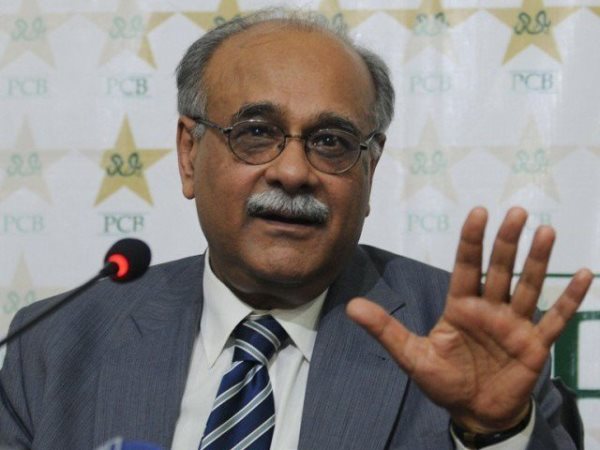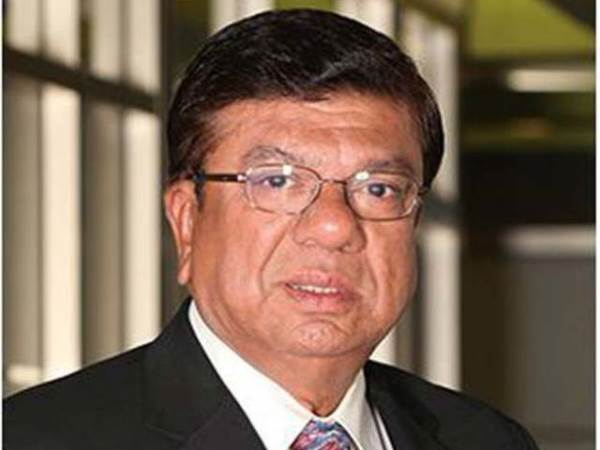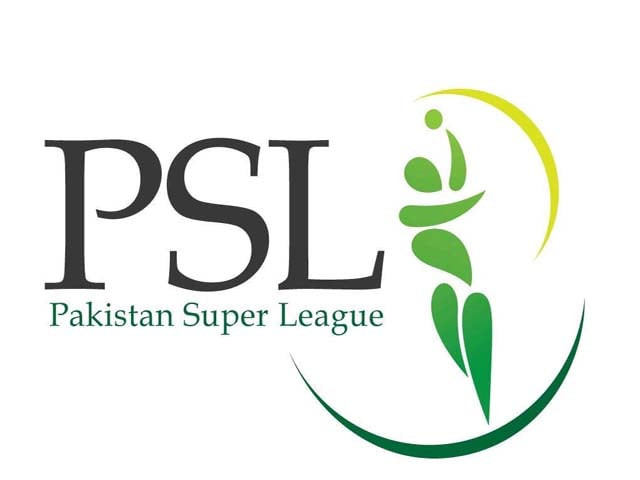Recently, after having an eight hour long meeting with the chairman and members of the board of directors (BOG) of the Pakistan Cricket Board (PCB), Sethi announced that the board had been successfully persuaded and, therefore, has agreed to separate itself from the league with plans to make the PSL an entirely independent and private body.
 Sethi announced that the board had been successfully persuaded.Photo: PCB
Sethi announced that the board had been successfully persuaded.Photo: PCBThis announcement has stirred a controversy regarding the timing and magnitude of the decision. That being said, this may not be the worst decision after all. Here is why separating the PSL from the PCB could actually prove to be a step in the right direction:
1) Lack of political interference
Perhaps one of the main reasons why Sethi proposed to isolate the PSL from PCB was to keep it ‘corruption free’. In other words, it will have no affiliation with any kind of internal politics. This decision could prove to be beneficial in the long run as political influences would remain minimal and the system would be somewhat transparent. PSL is doing what the Barclays Premier League (BPL) and the Indian Premier League (IPL) should have done: they eventually had to pay for all the corruption and match fixing allegations that came through owing to the incompetence of their respective boards. Apart from this, the owners of all five franchises have happily accepted this decision. According to them, it’s wise to keep PSL as far away from the board’s politics as possible; that way it will remain allegation free.
Moreover, since Prime Minister Mian Muhammad Nawaz Sharif is the patron in chief of the cricket board, it was smart to privatise PSL, as this would result in no turmoil once the government changes. According to Daily Times, Sethi was noted to have said that ‘one of the factors behind making PSL a separate entity was the need to counter political restrictions, with a change in government bringing an inevitable change in the PCB’s leadership too.’
2) Introduction of a brand new management
This decision will lead to an interesting chain of events as the race to sign the biggest and most capable people may begin shortly. A totally private body means that new opportunities will arise and newer faces will be introduced to the world. Reports suggest that renowned industrialist Arif Habib and lawyer Zia Rizvi have already been approved as two of the directors. Adding to that, according to various rumours, the PSL is all set to form a new secretariat as well as a new media team that will solely focus on the broadcasting of the eagerly awaited event. The team will comprise of professional photographers and broadcasters along with analysts, social media experts, and graphic designers that will work tirelessly towards making the event as attractive to the masses as possible.
 Renowned industrialist Arif Habib has been approved as one of the directors.Photo: fatima-group
Renowned industrialist Arif Habib has been approved as one of the directors.Photo: fatima-group3) Profit motive
It takes no genius to know that this move will prove to be beneficial in furthering the cause of Pakistan cricket and the cricket board in general. Not only will it mark a pivotal increase in productivity and efficiency, the privatisation may generate handsome revenues in the coming years. The move will attract a greater interest owing to the nexus of the private industry, leading to more tycoons or even celebrities being ready to purchase newer franchises. More investors will mean more franchises, which will mean more matches. More matches will mean more money, more money will mean more international stars – and more such stars will only help promote PSL and the image of Pakistan, both, nationally and internationally. This will, however, in no way mean a blockage of revenues for the cricket board since the agreement ensures the PCB will still enjoy a handsome 20% share, along with its fair share of eventual profit generated.
Initially, the concerned authorities might find it difficult to implement the newly proposed system but, once the wheels start moving, the train will be all set to reach its destination.
Credit should be given where it is due; anyone with the know-how of cricket and business in general can see what the officials are trying to do and, for once, everyone seems to be on the same page trying to move in the right direction. As a cricket enthusiast, one can only hope that all goes according to plan and the system is implemented in due time. Great things are expected of this exciting venture and one can only pray that the upcoming PSL exceeds expectations.
[poll id="703"]



COMMENTS
Comments are moderated and generally will be posted if they are on-topic and not abusive.
For more information, please see our Comments FAQ